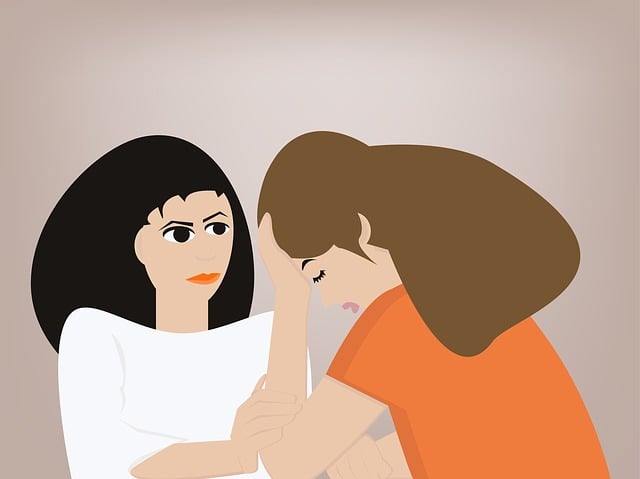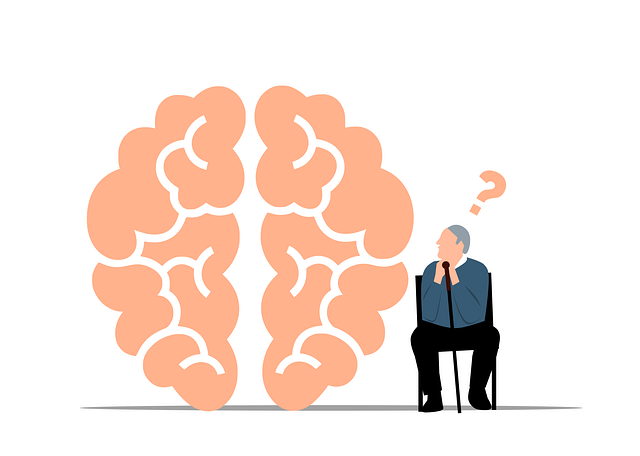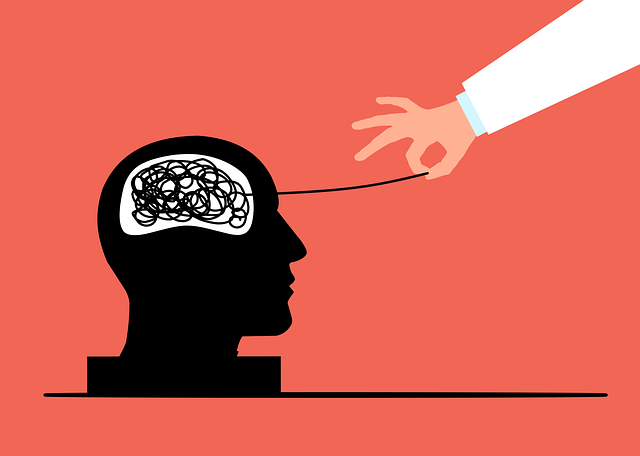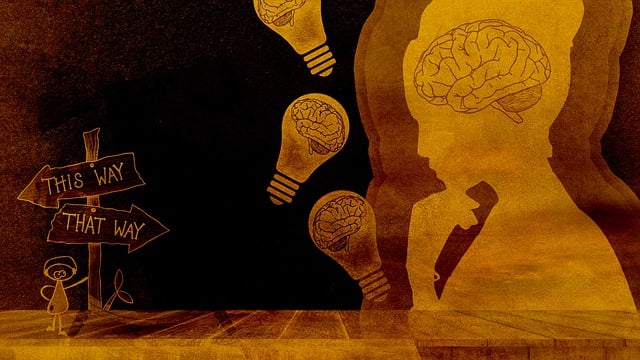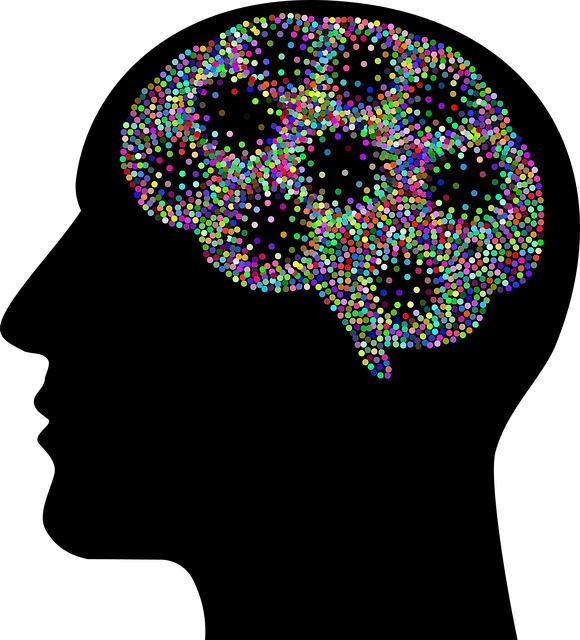Mental health professionals caring for elderly cancer patients face unique challenges, including high stress levels and complex emotional landscapes. To mitigate these demands, they should prioritize self-care routines such as mindfulness meditation, yoga, and structured activities outside work. Integrating evidence-based practices tailored to elder care, cultural competency training, and mental wellness journaling exercises are essential for maintaining their well-being. By addressing physical and emotional needs while respecting autonomy and ethical boundaries, these professionals can provide effective therapy for elders cancer issues and improve overall patient well-being throughout their cancer journey.
Mental health professionals working with elderly cancer patients face unique challenges. This article delves into the specific risks and ethical considerations inherent in providing therapy for this vulnerable population. We explore the impact of cancer diagnosis and treatment on patient mental health, discuss strategies to assess and mitigate professional burnout, and provide insights on building resilient practice environments that enhance safety and support. Understanding these issues is crucial for navigating sensitive therapy topics effectively.
- Understanding the Unique Risks Faced by Mental Health Professionals Working with Elderly Cancer Patients
- The Impact of Cancer Diagnosis and Treatment on Patient's Mental Health and the Role of Therapists
- Assessing and Mitigating Professional Burnout in Oncology Care
- Ethical Considerations in Therapy for Elderly Cancer Patients: Navigating Sensitive Issues
- Building Resilient Practice Environments to Enhance Safety and Support for Mental Health Professionals
Understanding the Unique Risks Faced by Mental Health Professionals Working with Elderly Cancer Patients

Mental health professionals who specialize in working with elderly cancer patients face unique challenges that can significantly impact their well-being. These professionals often encounter complex emotional landscapes, balancing the patient’s physical decline with psychological resilience. The nature of their work, which involves intense empathy and compassion, exposes them to high levels of stress and potential burnout. Elderly cancer patients may experience anxiety, depression, and fear related to their diagnosis, requiring therapists to be attuned to these subtleties and provide not just medical but also emotional support.
Given the demanding nature of this work, it’s crucial for mental health professionals to prioritize self-care routines. This can include attending stress management workshops organized by institutions or participating in compassion cultivation practices. Incorporating regular exercises for stress reduction, such as mindfulness meditation or yoga, into their daily lives can help them maintain emotional balance. Additionally, developing a structured self-care routine, which might involve seeking support from peers, engaging in hobbies, and maintaining social connections outside of work, is essential for preserving their mental health while providing therapy for elderly cancer issues.
The Impact of Cancer Diagnosis and Treatment on Patient's Mental Health and the Role of Therapists

A cancer diagnosis can significantly impact a patient’s mental health, particularly among elders who may face additional challenges navigating treatment and its side effects. The journey through cancer care often involves emotional turmoil, anxiety, depression, and fear, which can be exacerbated by the physical demands of therapy and the potential for long-term side effects. As such, it is crucial for therapists to understand these complexities when working with elderly patients facing cancer issues.
Therapists play a pivotal role in fostering mental wellness during this challenging period. Utilizing mind over matter principles and crisis intervention guidance, they can help patients cope with the psychological toll of cancer treatment. By integrating evidence-based practices tailored to elder care, therapists support their clients in maintaining resilience, adapting to changes, and enhancing overall mental health throughout their cancer journey.
Assessing and Mitigating Professional Burnout in Oncology Care

Oncology care presents unique challenges that can lead to professional burnout for mental health professionals working with elders facing cancer issues. It’s essential to assess and mitigate this risk, as burnout can significantly impact patient care and treatment outcomes. A comprehensive approach involves integrating mental wellness journaling exercises into routine practice. This allows healthcare providers to process demanding cases, reflect on their emotions, and gain insights into their personal coping mechanisms.
Furthermore, healthcare provider cultural competency training plays a vital role in addressing burnout. By enhancing awareness of diverse patient backgrounds and needs, mental health professionals can tailor their services more effectively. This not only improves job satisfaction but also strengthens the therapeutic relationship. Complementing these strategies, stress reduction methods such as mindfulness, regular exercise, and adequate sleep are crucial for maintaining mental wellness. Implementing these practices within healthcare settings specifically catering to elders with cancer issues can foster a supportive environment, ensuring professionals remain resilient and effective in their work.
Ethical Considerations in Therapy for Elderly Cancer Patients: Navigating Sensitive Issues

When providing therapy for elderly cancer patients, mental health professionals must navigate a delicate balance between addressing physical and emotional needs while respecting autonomy and ethical boundaries. Many older adults dealing with cancer experience a myriad of sensitive issues, including fear, anxiety, depression, and existential concerns. Therapists must be attuned to these complexities, ensuring that treatment plans are tailored to individual preferences and cultural contexts.
In this context, integrating ethical considerations is paramount. This involves fostering open communication, obtaining informed consent, and promoting patient self-determination. Mental Health Education Programs Design can empower both professionals and patients by offering Self-Awareness Exercises that enhance empathy and understanding. Moreover, Stress Management Workshops Organization within healthcare settings can equip elders with coping strategies to better manage the challenges they face during their cancer journey, ultimately improving their overall well-being.
Building Resilient Practice Environments to Enhance Safety and Support for Mental Health Professionals

Creating supportive and resilient practice environments is paramount for the well-being and safety of mental health professionals, especially when addressing complex issues like cancer care among elders. This involves cultivating a culture where open communication, empathy, and effective conflict resolution techniques thrive. By implementing such practices, therapists can enhance their ability to support clients navigating challenging life circumstances, including terminal illnesses.
Professional development initiatives, such as social skills training and stress management workshops, play a pivotal role in building resilience. These programs equip professionals with the tools to manage complex emotional scenarios, resolve conflicts, and maintain healthy boundaries. In an organization committed to holistic care, regular workshops can foster a sense of community, where mental health professionals learn from each other’s experiences, ultimately enhancing their ability to provide compassionate therapy for elders with cancer issues.
Mental health professionals working with elderly cancer patients navigate a complex web of unique risks, from understanding the impact of cancer on mental health to mitigating burnout and addressing ethical considerations. By implementing strategies that build resilient practice environments, these professionals can enhance safety and support, ultimately providing more effective therapy for elders cancer issues. This holistic approach ensures not only the well-being of the patient but also that of the therapists who play a vital role in their care.


